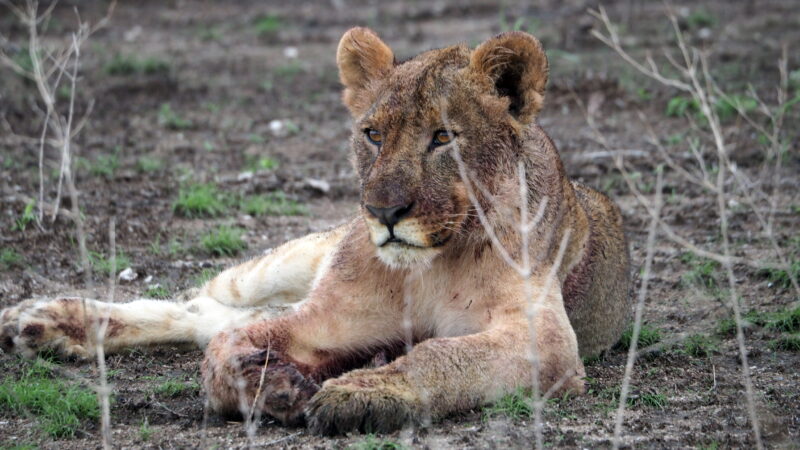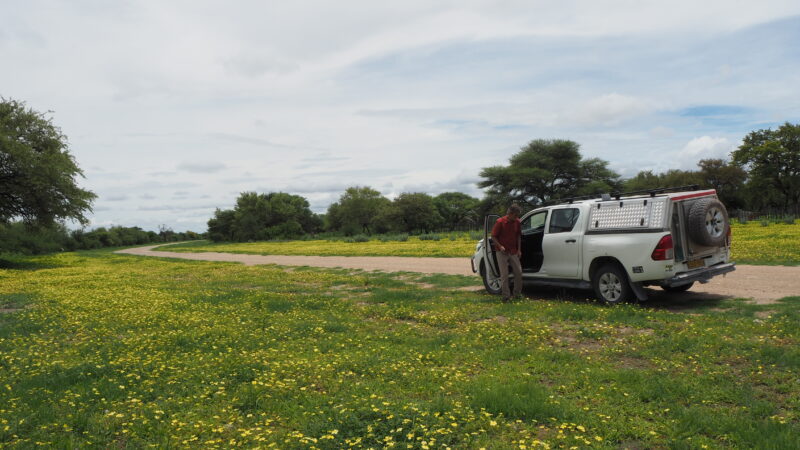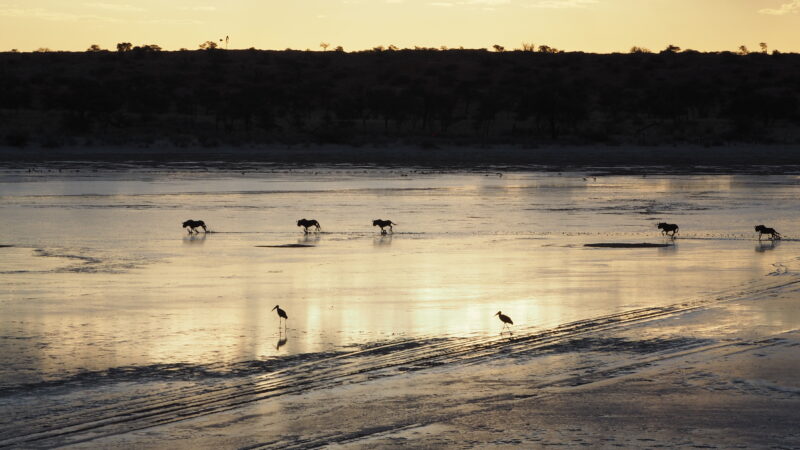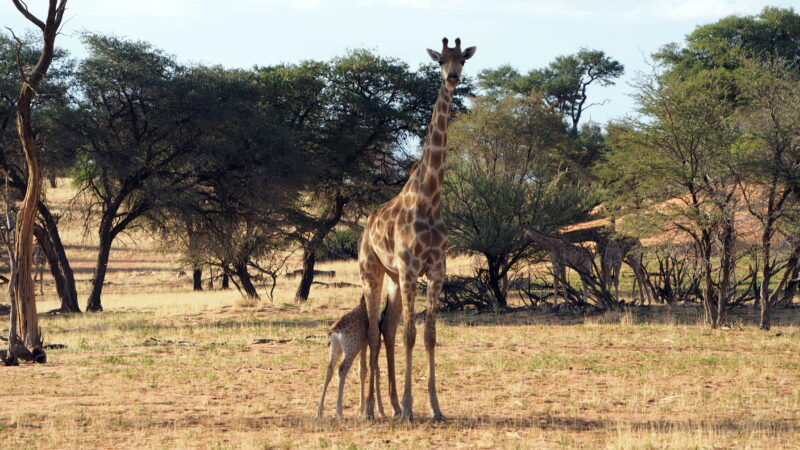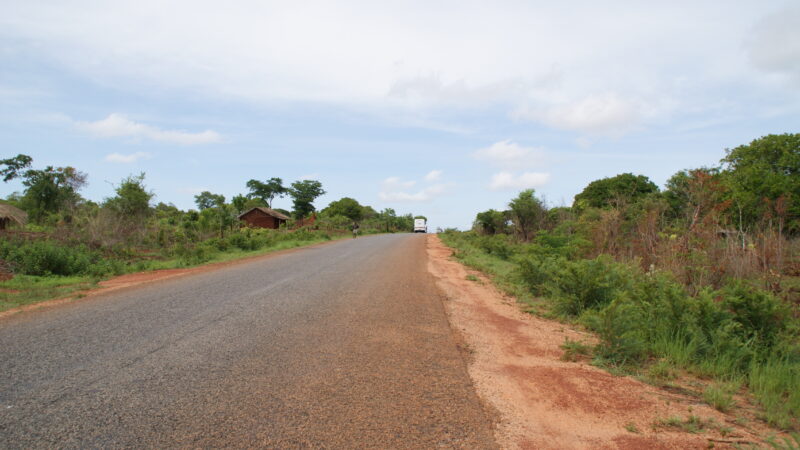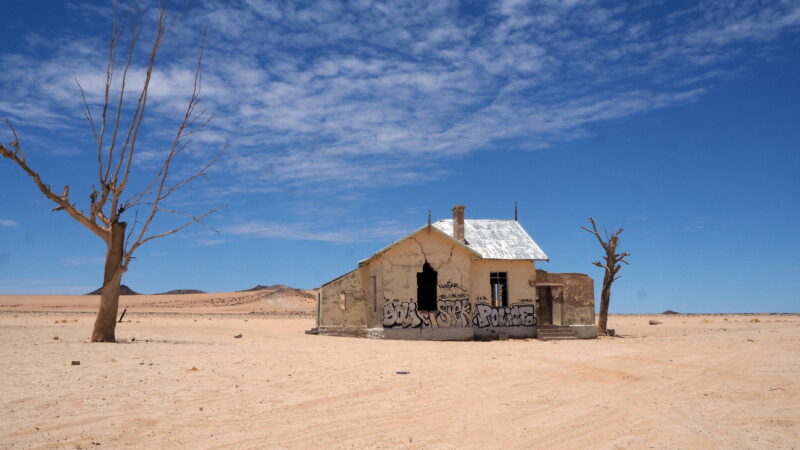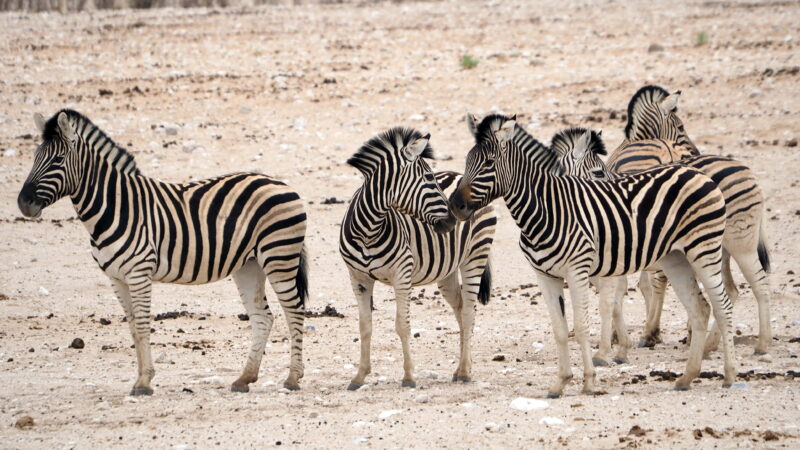Southern Africa
South Africa, Namibia and Botswana were among the most popular travel destinations in Africa. Fantastic landscapes and a fascinating animal world attract many visitors.
From a very practical point of view, the countries score with a good tourist infrastructure and the location in our time zone – so vacation without jetlag.
Zambia, Malawi, Mozambique and Zimbabwe tend to attract individualists.
Due to the southern location away from the equator, there are distinct seasons, with sometimes strong temperature differences and thus also changed risks of illness
Political situation
South Africa, Namibia and Botswana are considered relatively stable, while Mozambique and Zimbabwe are repeatedly shaken by unrest.
All countries in this region are already south of the spread of the yellow fever areas. This vaccination is therefore not necessary. However, depending on the itinerary, vaccination may be required as an entry condition.
A typhoid vaccination makes sense for most trips in this region, the disease is widespread. Excluded are lodge safaris from upscale providers, even if the meals are taken exclusively within this framework, or business trips to the capital cities.
Since the emergency vaccination against rabies is only available in South Africa, it is important to discuss the risk and possible measures with the travel doctor before the trip.
Due to the geographic location, the southern parts of South Africa and Namibia are malaria-free. The disease occurs only in the very north of Namibia and in the north-east of South Africa. In addition, the risk of disease fluctuates greatly with the seasons. Even in southern Botswana, the winter months are very low in malaria. Which malaria prevention strategy makes sense must be decided depending on the travel region and season.
Further north, the risk of malaria increases continuously. Malaria prophylaxis is recommended here (continuous intake! not just taking the medication with you).
While one can count on the availability of good medical care and appropriate medication in South Africa, this is not guaranteed in the other countries. In addition, you usually spend a large part of the trip in nature, as far away as possible from the big cities. The first-aid kit should therefore contain basic equipment for self-treatment of common health problems: you should be able to treat pain, diarrhea and minor injuries.
6 weeks before the trip: check (have) vaccinations – is everything there?
Clarify the malaria situation, if necessary – get malaria medication (prescription required)
Check medicines for the first-aid kit – has something expired?
Get mosquito repellent products
